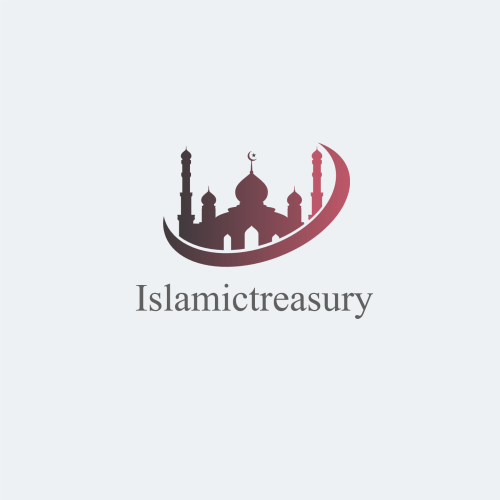Core Principles of the Islamic Economic System
The Islamic economic system is rooted in Sharia, the Islamic law derived from the Quran and Hadith, which serves as the legal and moral framework for all aspects of life, including economics. Sharia mandates that economic activities should comply with its principles, ensuring that the system adheres to the ethical and moral guidelines set forth in Islamic teachings.
One of the fundamental principles of the Islamic economic system is the concept of justice and equity. This principle emphasizes that all economic transactions should be conducted fairly and equitably, ensuring that the interests of all parties are considered and safeguarded. Economic justice aims at distributing wealth fairly and reducing the disparity between the rich and the poor, fostering a more cohesive and just society.
The prohibition of Riba, or usury, is another cornerstone of the Islamic economic system. Riba refers to any guaranteed interest on loaned money, which is considered exploitative and unjust. Instead of interest-based financial transactions, the system encourages profit-sharing and risk-sharing schemes, such as Mudarabah (profit-sharing) and Musharakah (joint venture), which align the interests of investors and entrepreneurs and foster a more inclusionary economic environment.
Ethical considerations play a significant role in Islamic economic principles. The system places a strong emphasis on honesty, transparency, and the ethical conduct of business activities. Transactions should be clear and free from deception, with all parties aware of the terms and conditions involved, thereby promoting trust and long-term relationships.
Zakat, or charitable giving, is an essential mechanism for wealth redistribution in the Islamic economic system. Muslims are required to give a portion of their wealth, generally 2.5%, to those in need, which helps alleviate poverty and promotes social welfare. This mandatory act of charity ensures that wealth circulates within the community and reaches those who are less fortunate, fostering economic balance and social solidarity.
Through these principles—Sharia compliance, justice and equity, prohibition of Riba, ethical business practices, and Zakat—the Islamic economic system offers a framework that is distinct from conventional economic systems, emphasizing moral and ethical considerations in all economic activities.
Operations and Instruments in the Islamic Economic System
The Islamic economic system operationalizes its principles through distinctive financial instruments and mechanisms, which adhere to Shariah law. One of the fundamental concepts is Mudarabah, a profit-sharing agreement where one party provides the capital while the other offers expertise and management. The profits are distributed according to a pre-agreed ratio, but importantly, any losses are borne solely by the capital provider. This mechanism promotes ethical investment and risk-sharing, distinguishing it from interest-based lending prevalent in conventional finance.
Musharakah is another essential instrument, akin to a joint venture. In this contract, all partners contribute capital and share the profits and losses proportionately. This arrangement fosters cooperation, encourages entrepreneurial initiatives, and ensures equitable distribution of wealth, eliminating the exploitation often seen in conventional financing.
The Ijara contract serves as the Islamic equivalent of leasing. Under Ijara, the lessor retains ownership of the asset and transfers only its usufruct to the lessee for a specified period and agreed rent without transferring the asset’s ownership. This mechanism accommodates the need for assets and services while maintaining compliance with Shariah principles, as opposed to conventional lease arrangements that could involve hidden interest components.
Sukuk, commonly known as Islamic bonds, represent certificates of ownership in a tangible asset, project, or investment. Unlike conventional bonds, Sukuk does not represent a debt obligation but an ownership stake, ensuring returns are tied to real economic activity rather than interest payments. This creates a more stable financial environment and avoids speculative practices.
Islamic banks and financial institutions play a pivotal role in implementing these instruments. By emphasizing risk-sharing instead of risk transfer, these institutions contribute significantly to economic stability and social justice. Their operations underscore the inherent ethical considerations, ensuring that finance serves the broader community rather than maximizing individual profit.
Through these innovative financial instruments, the Islamic economic system exemplifies how theoretical principles are effectively translated into practical, real-world applications, fostering a just and balanced economic environment.
